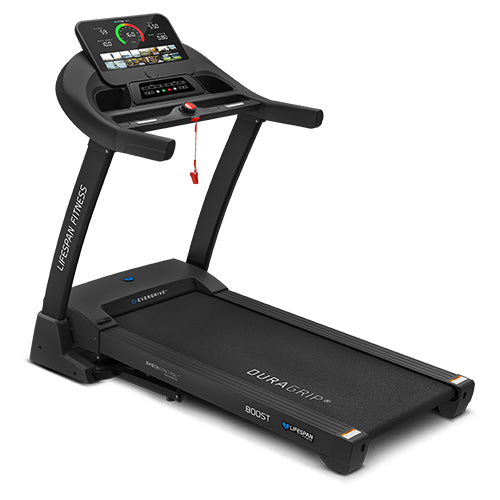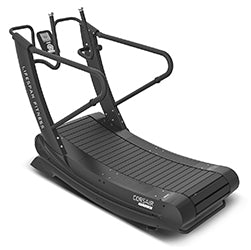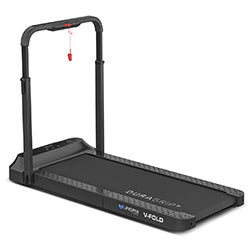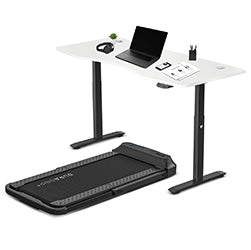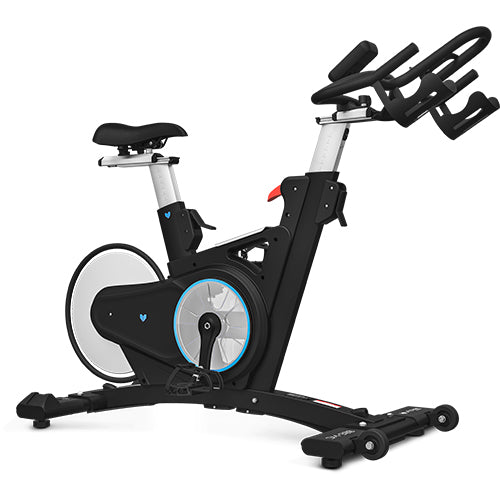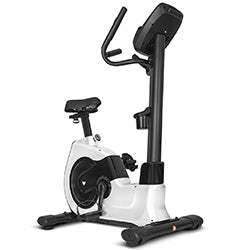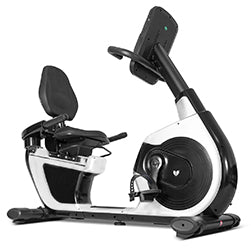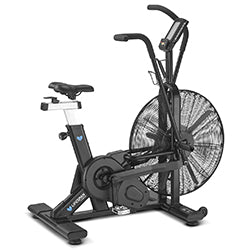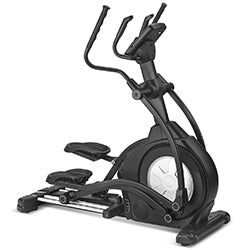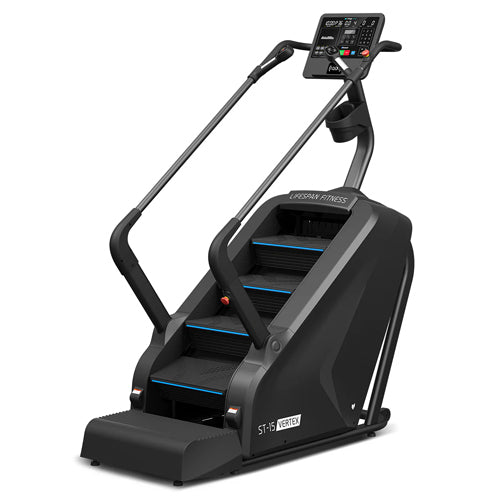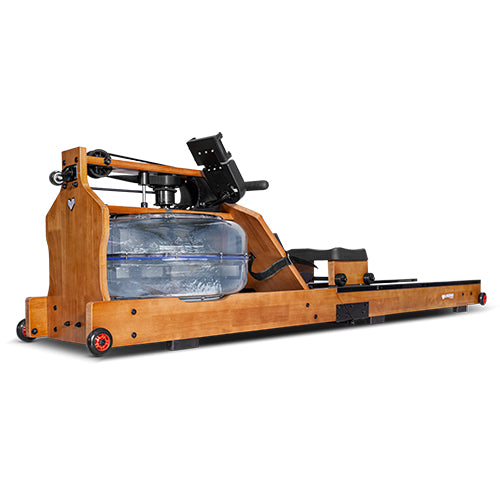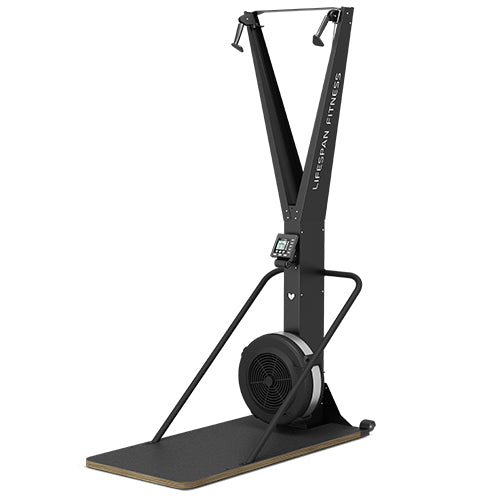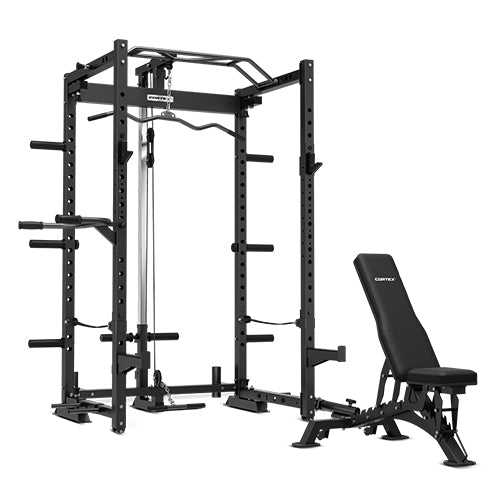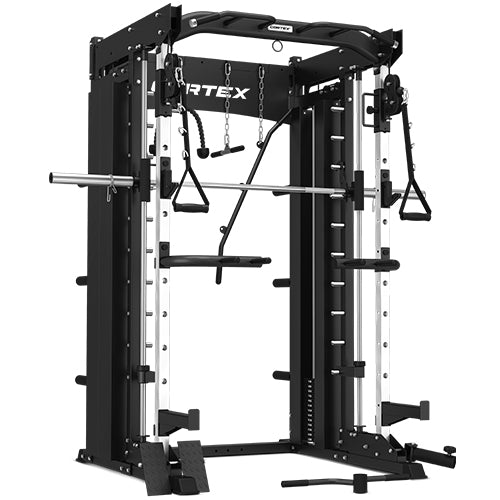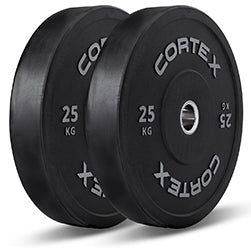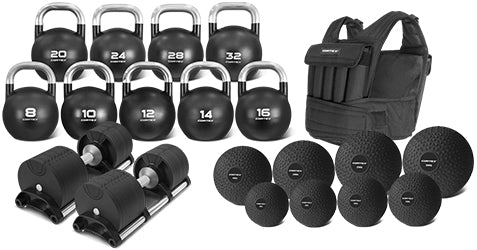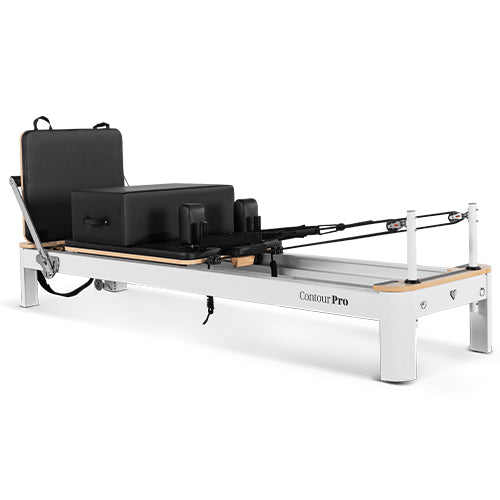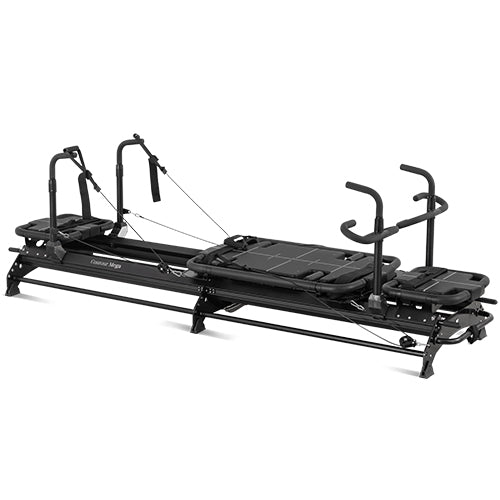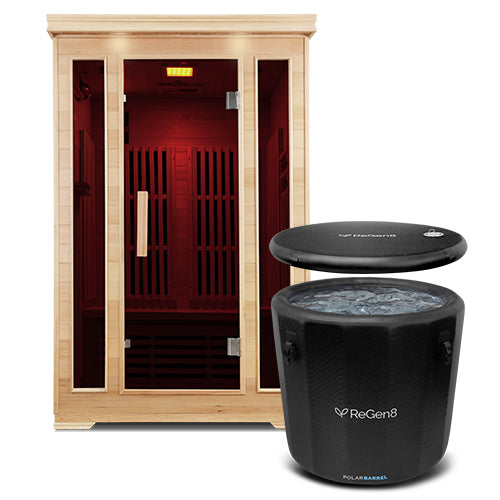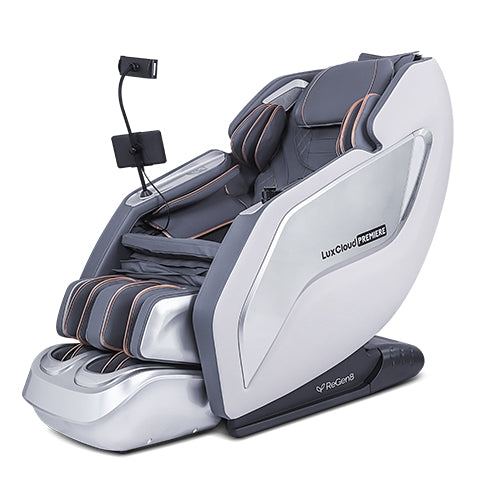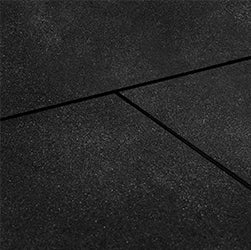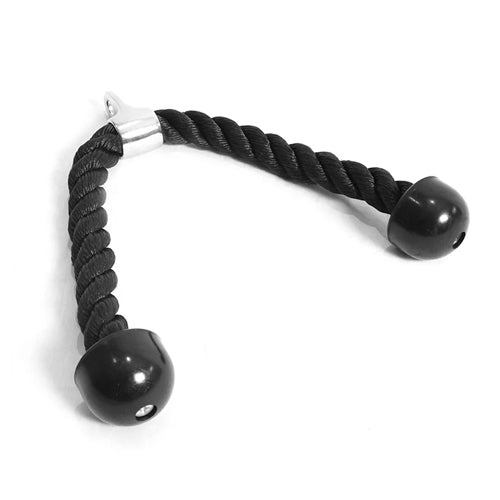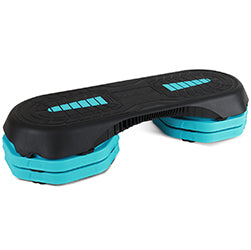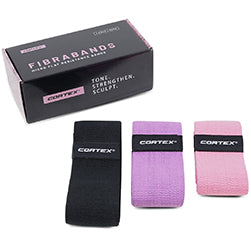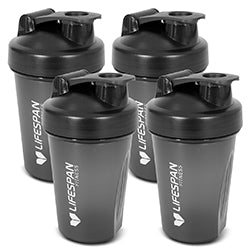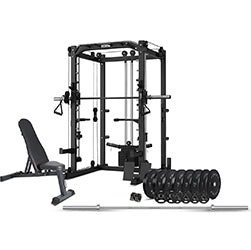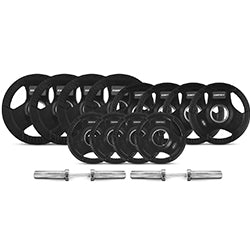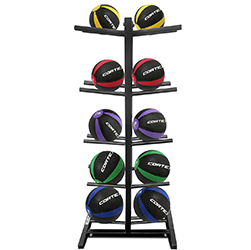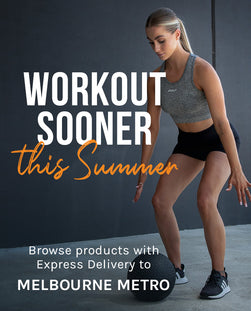

So, you’re ready to join the growing number of people enjoying the benefits Reformer Pilates? These versatile machines offer impressive results for both complete beginners and more advanced users, such as improving core strength, mobility, posture and flexibility. Today we’re covering whether you should go for a folding or non-folding model. This decision can depend on a few different things, so understanding these differences will help you make an informed decision based on your space, workout style and needs.
Types of Reformers
Reformer machines come in many variations, but the two most popular categories are folding and non-folding models. These machines offer different advantages relating to their design, portability and performance. Let's dive into what makes them unique.
The Foldable Reformer

A folding reformer is a compact version of the traditional reformer machine that can be folded and stored away. These machines are a lifesaver if you have a small space to work with or if you simply like to have a little flexibility to move their reformer around.
ADVANTAGES
Space Saver

We know how difficult it can be to find the space in your home for the fitness equipment you want. If you don’t have a dedicated room for workouts, then it can seem like you’re severely limited in your options. But folding Reformers have your back. In seconds, you can fold and un-fold the entire machine and store it away when you’re not using it. This can make a huge difference to many of us who are working with a small space.
Move Anywhere
Portability is another big benefit of folding reformers. If you need to relocate the machine, it's effortless to carry or roll it to wherever you need it. You can take it between rooms or occasionally take it outside for a session in the fresh air.
Flexible
Folding Pilates machines offer the greatest flexibility in how you use your space. You won’t need to carve out a specific corner for your reformer; simply fold it up after each use. This makes it a great option if you're looking to use the machine intermittently or who don’t want it permanently in view.
DISADVANTAGES
Stability
One downside to foldable reformers is that they are not as stable as non-folding models. The folding mechanism can make the machine feel less sturdy, especially during high-intensity or more dynamic Pilates workouts. If you're planning on doing vigorous or advanced Pilates exercises, the stability might not be ideal.
Setup and Cleanup
While foldable reformers are convenient for storage, the process of unfolding and folding the machine can add some extra time to your routine. If you're looking for a quick workout without interruptions, this extra setup time might be inconvenient, especially if you’re short on time.
Non-Foldable Reformers

A non-folding reformer is a more traditional, sturdy version of the Pilates reformer. These machines are typically larger and bulkier, but they offer superior stability and durability, making them ideal for intense workouts and regular use.
ADVANTAGE
Strong and Stable

Non-folding reformers are known for their strong, stable construction. These machines are designed for high-intensity Pilates and can handle the force of powerful movements. If you prefer intense resistance training or have a more advanced Pilates practice, a non-folding reformer will provide the support and stability you need for dynamic exercises.
Durability
If you're investing in a reformer for long-term use, a non-folding model tends to be more durable. These machines can handle more frequent use without losing performance. The sturdy design makes non-folding reformers a great option for Pilates enthusiasts who plan on using their machine regularly.
DISADVANTAGE
Requires Space
The most significant disadvantage of a non-folding reformer is that it requires dedicated space. These machines are larger and heavier, meaning you will need a designated area in your home or gym. If you don’t have the luxury of a spacious room, a non-folding reformer may be a bit too much to accommodate in a compact living situation.
Hard To Move
Once a non-folding reformer is set up, it’s not as easy to move as a folding one. These machines tend to be heavier and bulkier, requiring more effort to reposition or store away. If you need to move the reformer for cleaning or relocating it in your home, it might be more challenging than with a folding version.
Conclusion

Your decision will largely depend on your living space, your workout style and your own personal preferences.
- If you're short on space and need a machine that can be easily moved or stored, a folding reformer might be the right choice for you. It's also a great option if you're new to Pilates and don’t need the durability and stability of a non-folding version.
- If you’re an advanced Pilates practitioner, or if you want a machine that can handle more intense, regular workouts, a non-folding reformer might be more suitable. The stability and durability of these machines make them better in the long-term, though they do require a dedicated space.
If you have any further questions about our range, don’t hesitate to reach out to our team with any questions.




